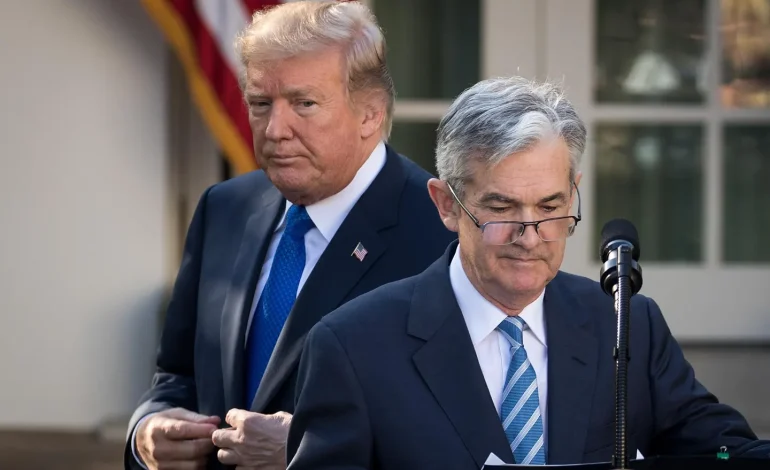Federal Reserve Chairman Jerome Powell stated that he would not resign if President-elect Donald Trump requested it, emphasizing his legal right to remain in his role until his term ends in 2026.
However, Trump has historically questioned the Fed’s decisions and the extent of presidential oversight, calling for a more influential presidential voice in the direction of US monetary policy.
Powell, appointed by Trump in 2018, responded with a clear “no” when asked if he would leave his position if Trump asked him to step down, highlighting that there is no statutory obligation for a Fed chair to resign upon presidential request. The legality of dismissing a Fed chair remains untested, as no president has attempted to remove one from office. Brookings Institution analysts note that this legal gray area leaves it unclear whether such an action would be within presidential power.
Despite this legal uncertainty, Trump has long advocated for a more hands-on presidential role in Federal Reserve decisions. During his first term, he frequently called for lower interest rates and expressed frustration with Powell’s reluctance to make aggressive rate cuts to stimulate economic growth. Trump argued that a president, especially one with significant economic experience, should influence the Fed’s interest rate policies.
Powell’s remarks came following the Federal Reserve’s decision to reduce its interest rates by 25 basis points, part of a broader attempt to balance inflation and economic growth. In the past, Trump has voiced concerns that the Fed’s interest rate policies could stifle economic expansion and limit future rate cuts. He has maintained that his economic instincts would yield better policy outcomes for the country and has expressed disappointment in what he calls the Fed’s overly cautious approach under Powell’s leadership.
In his recent statements, Trump reiterated that he would not seek to remove Powell immediately if he won the 2024 election, though he would like to see the Fed operate in closer alignment with his administration’s economic priorities. According to a senior adviser, Trump plans to avoid initiating legal challenges against Powell’s position for the remainder of the Fed chair’s term. However, Trump has signaled that he would pursue greater influence over the Fed’s decisions, suggesting that presidents should have a say in policies that impact American businesses and consumers.
With input from Forbes, FOX Business, and the New York Times.









